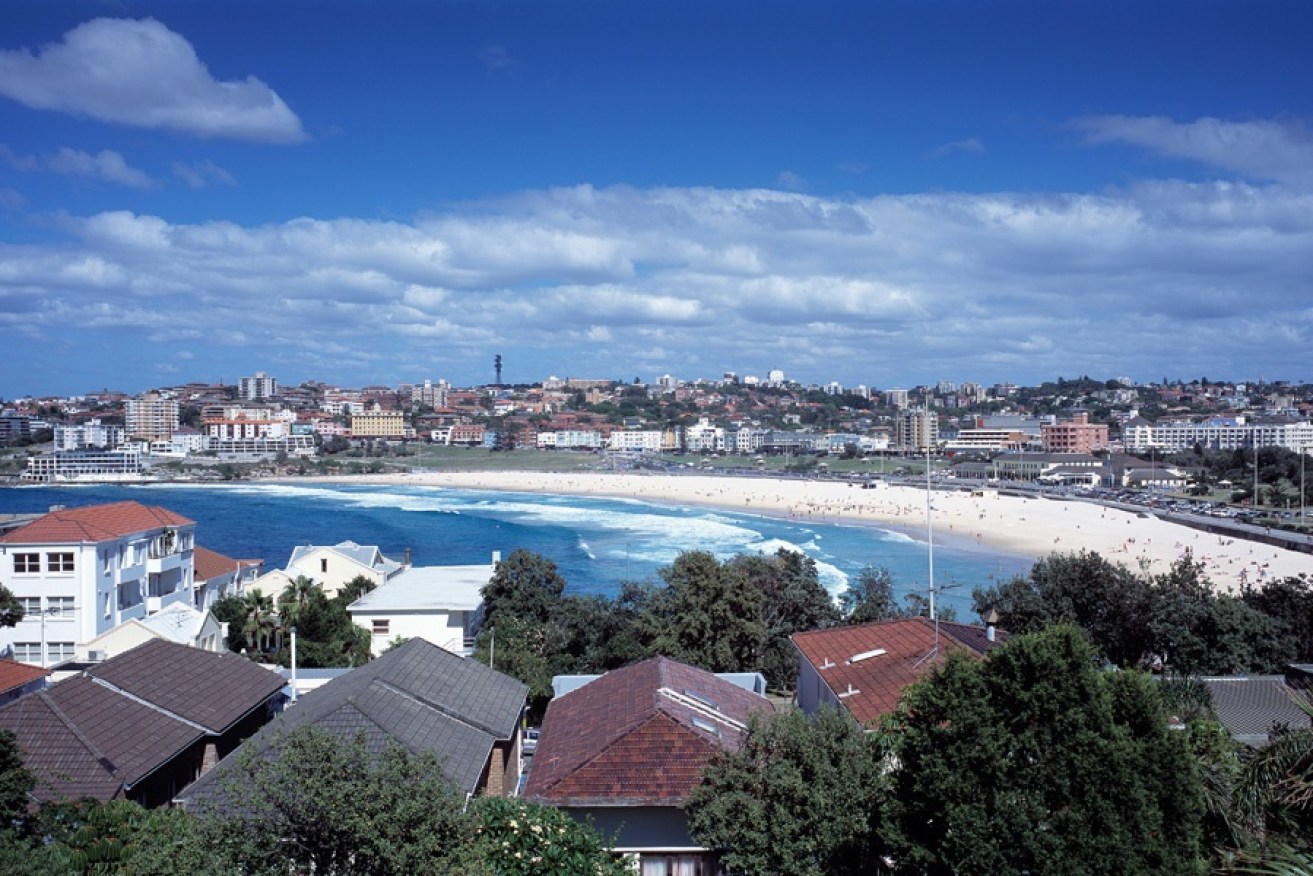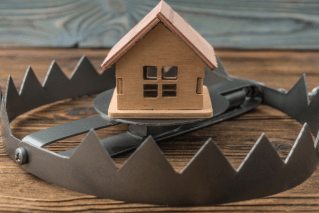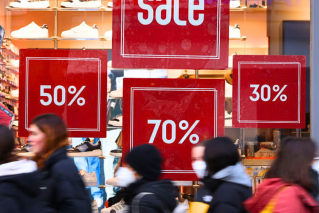Tenants turfed out in favour of tourists: Inner-city areas worst hit by Airbnb effect


Up to one in seven rental properties in inner-city and beachside hotspots are being listed on Airbnb. Photo: Getty
Tenants are losing out to tourists as landlords in the nation’s hottest suburbs opt for Airbnb guests over long-term renters, new research shows.
As many as one in seven rental homes in Australia’s most popular inner-city and beachside suburbs are being removed from the long-term rental market and listed on the short-term letting site, according to an Australian Housing and Urban Research Institute (AHURI) report that examined the effect of Airbnb in Sydney and Melbourne.
Commercial Airbnb listings – defined as homes that are available for more than 90 days each year – are creating further affordability pressure in areas with access to employment hubs, essential services and amenities, the research carried out by academics at the University of New South Wales and Swinburne University found.
Tenants in high-demand areas face an increased risk of having their lease terminated if an owner decides it’s “more profitable or convenient” to list their property on Airbnb, lead researcher and UNSW City Futures Research Centre lecturer Laura Crommelin said.
Airbnb makes rental market ‘complex’, ‘uncertain’
In Sydney, commercial Airbnb listings are concentrated in the eastern suburbs such as Bondi, Bronte, Tamarama, and Coogee, Darlinghurst and Manly, where Airbnb accounts for between 11.2 per cent and 14.8 per cent of all rental housing stock.
In Melbourne, commercial Airbnb listings cluster around inner-city suburbs including Docklands, Southbank, Fitzroy and beachside enclaves such as St Kilda, where Airbnb properties account for between 8.6 per cent and 15.3 per cent of rental housing stock.
Evidence suggests that Airbnb is “reshaping the market” for investment properties in Australia, the report said.
“For example, real estate agents have been cited claiming investors will pay a two to three per cent premium for properties that show a higher-yielding Airbnb income stream,” Dr Crommelin said.
“Similarly, Airbnb property managers told us their businesses have been growing rapidly, as some investors are achieving better returns on short-term letting than long-term rental.”
Airbnb hosts focused on financial gain, not economic survival
“Hosts are primarily focused on financial gain in choosing to engage in [short-term letting], and do so more for discretionary spending than to cover pressing housing expenses,” the report said.
“The main motivation for hosting on Airbnb is to earn additional money from housing assets, in a way that is perceived to minimise risk. While in some cases this additional income is tied to an immediate need for a buffer against housing insecurity, this is not the case for most hosts.”
The research also identified a growing awareness that Airbnb hosting can be “part of future property choices”, with income used to fund extra consumption, mitigate housing costs, and to protect property investors in the event of unexpected repairs or housing market downturns.
Many of the hosts interviewed indicated that they would “factor the possibility of Airbnb hosting into their future property decisions”, the report said.
Airbnb in Tasmania
While the extent of Airbnb’s impact on rental supply and affordability in Sydney and Melbourne has been offset by construction booms in both cities, the effect on Tasmania’s capital city has been more pronounced.
A report released in August by the University of Tasmania’s Institute for the Study of Social Change highlighted short-term letting as one of the state’s key drivers of housing stress.
“Unlike the mainland cities there hasn’t been the construction boom and increase in housing supply to offset the effect of Airbnb,” Institute director Richard Eccleston said.
“Hobart’s a small city without a lot of housing construction, and at the same time we’ve had a significant tourism boom.”
Research by the Institute found that between 500 and 700 homes in Hobart have been converted from permanent residential into holiday accommodation.
“If there was a natural disaster in any town or small city that destroyed 500 properties there would be an urgent response to housing those people,” Professor Eccleston said.
Rents in Hobart have increased by as much as 30 per cent over the past three years.
The state needs “smarter regulations” to ensure that more affordable housing is built to cater for demand, and a balance is struck between “the interests of the accommodation sector and the housing needs of ordinary Tasmanians”, Professor Eccleston said.
Update: Airbnb hits back
Airbnb hit back at the AHURI report, describing it as “deeply flawed”.
“The report relies on unreliable data and an unrepresentative survey to make inaccurate claims about our community,” an Airbnb spokesman said.
The spokesman pointed to a report prepared for Airbnb by SGS Economics earlier this year which said the short-term letting company had “minimal impact on the Sydney and Melbourne housing markets”.
“It is wrong and unfair to malign the working and middle class families who rely on home sharing,” the spokesman said.
“At a time when the cost-of-living is high, the report even casts aspersions on families wanting to extra extra income. The typical Airbnb host in Australia earns a modest $107 a week or $5,600 a year which we know helps them make ends meet and pay the bills.”
AHURI told The New Daily that it stood by the study, and “emphatically” refuted Airbnb’s statement.
“[We] are confident that a comprehensive reading of the report would repudiate the claims made,” AHURI said.











